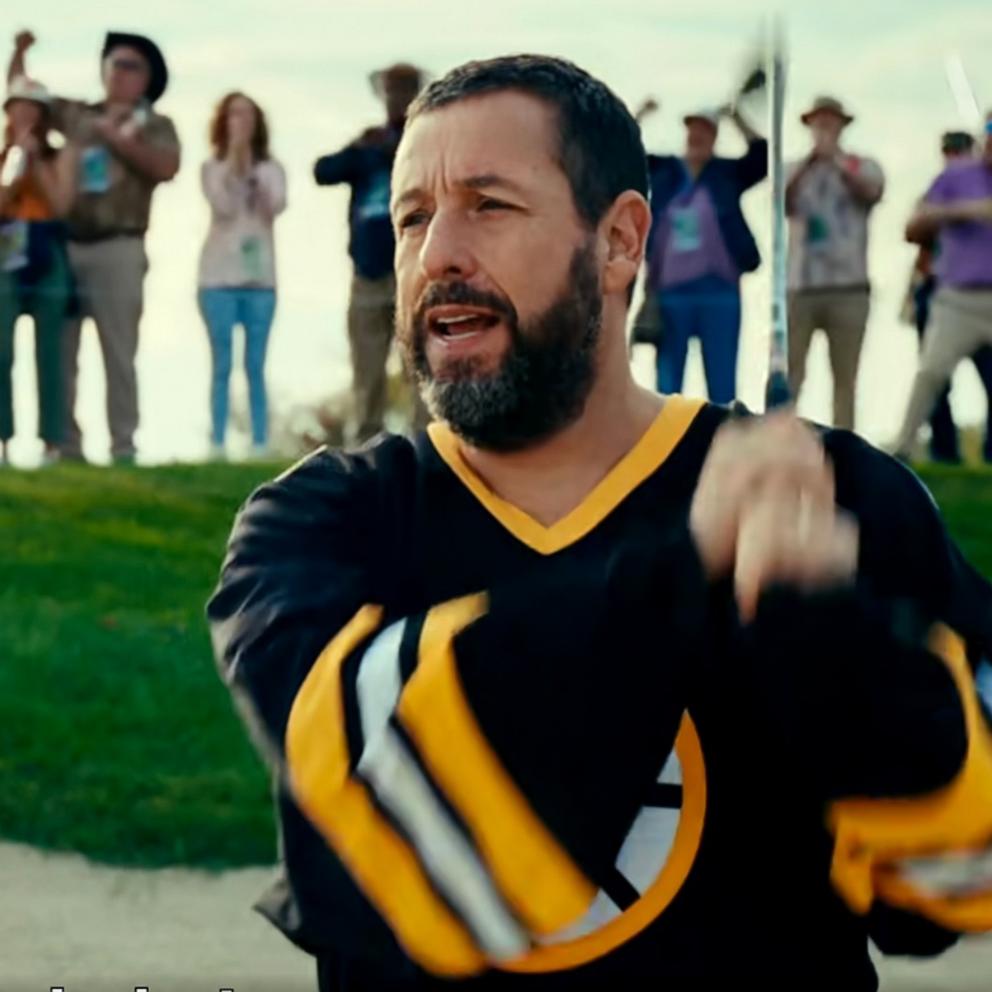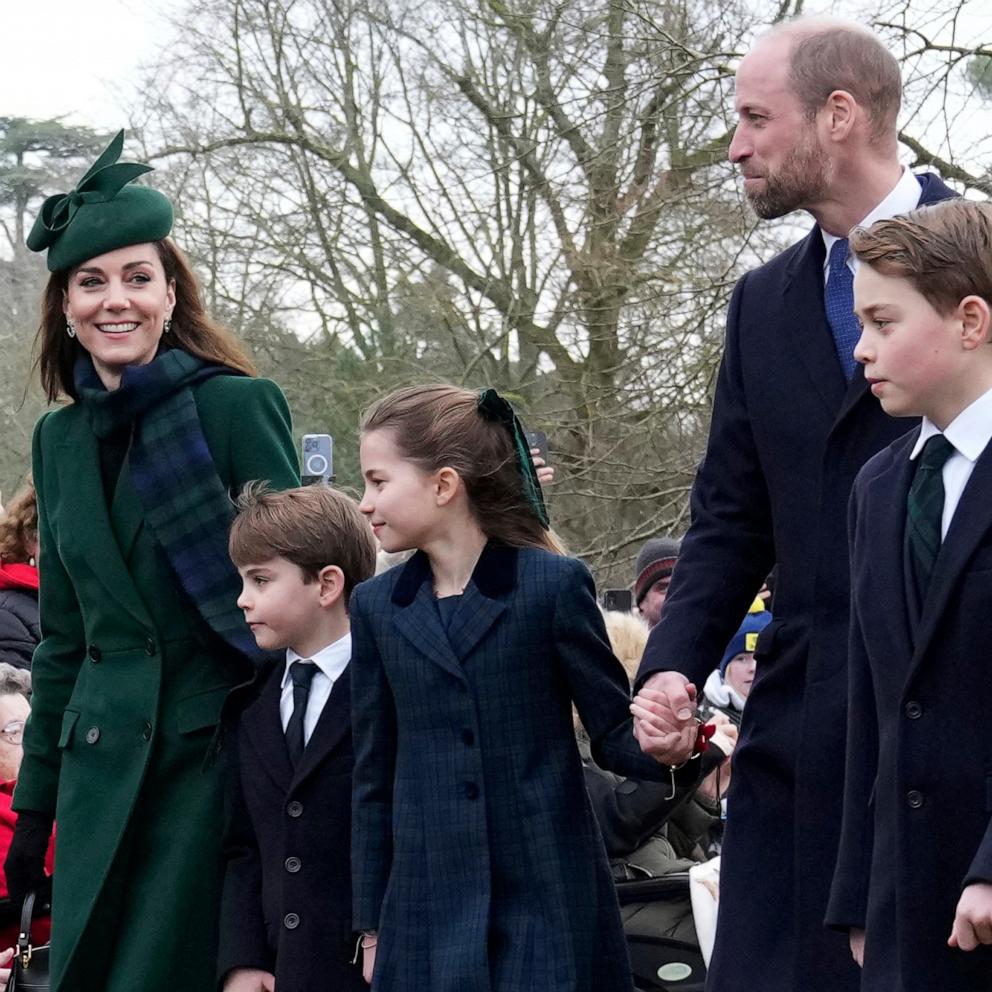Review: 'Nickel Boys' is a moving story that will challenge audiences

In a world where success is often measured by "likes" on social media platforms, the refreshingly demanding "Nickel Boys" enters theaters facing an uphill battle. Challenging audiences with big creative swings can result in box office failure or, worse, cold indifference.
None of this scares off RaMell Ross, who directed and co-wrote (with producer Joslyn Barnes) this groundbreaking film of the Pulitzer Prize winning novel by Colson Whitehead, a fictionalized telling of a real Florida reform school in the Jim Crow '60s, where the predominantly Black teen inmates were abused and sometimes murdered by the white folks in charge.
It's not the graphic horrors of the Nickel Academy, based on the notorious Dozier School for Boys (which closed in 2011), that concerned Ross, since he often shows them by indirection through the experience of two young Black men, Elwood (Ethan Herisse) and Texas-born Turner (Brandon Wilson) -- both terrific -- who bond while imprisoned there.

Though the tale sounds straightforward, Ross refuses to film it from a safe distance. Immersive is the word that motivates Ross and his genius director of photography, Jomo Fray, whose first-person technique allows us to become the eyes and ears of his protagonists.
At first we only see Elwood through glimpses on reflective surfaces, such as the stolen car in which naïve Elwood hitches a ride to school from a stranger. When both are arrested, Elwood is wrongly sent to Nickel for reform. Later, the more experienced Turner becomes our point of view into this hell. though we only see them together when they look up at a mirrored ceiling.
It's a technique that requires viewer adjustment. Take the leap. Ross rewards every challenge he presents, from the tactile warmth of a breeze on an orange tree to civil-rights protests seen on TV sets in a store window. In a moment witnessed only by Turner, Elwood's grandmother Hattie (a sublime Aunjanue Ellis-Taylor) is denied visitation rights to the boy she raised.
The plot soon pivots on a prison break planned by Elwood and Turner (Wilson is a genuine acting find) -- Ross cuts in scenes from 1958's "The Defiant Ones," in which Sidney Poitier and Tony Curtis play prisoners on the run. Suspense escalates when an armed white Nickel trustee, played with creeping menace by Fred Hechinger, hops in a truck in hot pursuit.
No spoilers, except to say that Ross creates a stunning collage of a movie, made up of puzzle pieces he dares audiences to assemble for themselves.
Some accuse Ross of favoring style over substance. Not so. This photographer and Oscar-nominated documentarian ("Hale County This Morning, This Evening") wants us to experience Black trauma from the inside. He always has. In a 2021 art installation, Ross pulled us into a slave's agony by spending 59 hours inside a crate being shipped from Rhode Island to Alabama.

Too much? Maybe. But Ross means business. Not for him the haven of third-person objectivity. As Elwood awaits a beating from a Nickel supervisor (Hamish Linklater), we hear the whack of the strap from the off-campus "white house" where the pain is administered. "They're all in on it," says one character in a chilling moment of violent complicity.
Ross also introduces flash-forwards to one of the surviving friends, played by Daveed Diggs, who is filmed from the back. He now runs a successful business in New York, but the ghosts of his Nickel past and its racist ordeals still haunt and hobble his present.
It's that anguish that consumes Ross, who allows glimmers of hope to flicker in a world that is still scarily recognizable as our own, a place where institutional racism has morphed into concerning new shapes.
Ross aims to bear witness to these crimes against humanity. Can a movie, even one as unique and unforgettable as this wrenching cry from the heart, actually change things? Godspeed.






